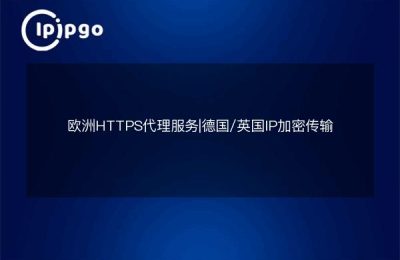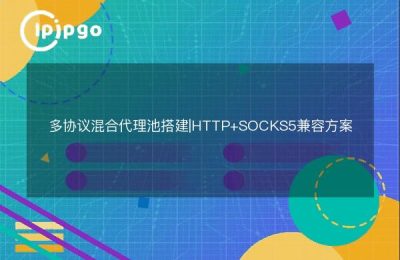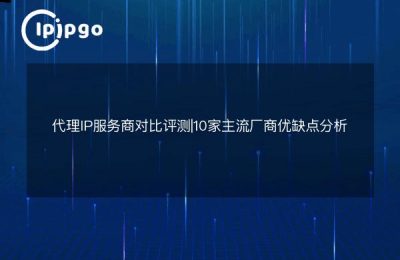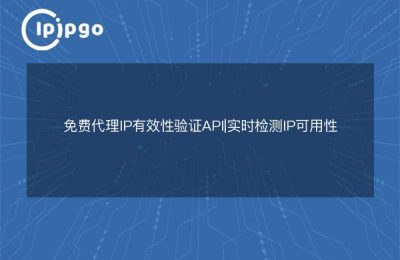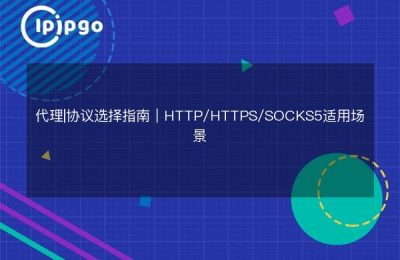
Proxy IP Pool Extraction Tool is a very useful tool to help us extract proxy IPs and add them to our IP pool to cope with scenarios that require a large number of high-quality IPs such as web crawlers and data crawling.
I. Proxy IP Overview
In the world of Internet, Proxy IP is just like a magical mirror, which can help us hide our real IP address and fake it to achieve the effect of protecting privacy and disguising identity. Proxy IP Pool Extractor is a powerful tool to help us collect and extract these proxy IPs. It realizes the function of automatically extracting proxy IPs in batch by sending requests to major proxy IP websites and parsing the response content.
Second, the role of proxy IP pool extraction tool
1. Achieving effective IP screening
Proxy IP Pool Extraction Tool is able to screen the extracted IPs in many ways and select only the IPs with high availability and fast response speed.In this way, we can select some quality IPs from a large number of proxy IPs to improve the success rate of crawling, crawling and other businesses.
Sample code:
import requests
def check_ip(ip):
# Check if an IP is available
try: response = requests.
response = requests.get(url, proxies={"http": ip}, timeout=3)
if response.status_code == 200:: response = requests.get(url, proxies={"http": ip}, timeout=3)
return True
except Exception as e: return False
return False
The list of proxy IPs extracted by #
ip_list = ['127.0.0.1:8000', '127.0.0.1:8080', '127.0.0.1:8888']
# Filtering for available IPs
valid_ips = [ip for ip in ip_list if check_ip(ip)]
print(valid_ips)2. Automated proxy IP extraction
Proxy IP pool extraction tool can realize the function of automated proxy IP extraction, eliminating the tedious steps of manually visiting proxy IP websites and screening IPs, greatly improving work efficiency. Only need to set the extraction rules, the tool can automatically help us get the proxy IP, greatly facilitating the daily work of developers.
3. Timed IP pool updates
IP availability on proxy IP sites is always changing, and some IPs can no longer be used because they are blocked, invalid, etc. The Proxy IP Pool Extraction Tool is able to check the availability of IPs at regular intervals and automatically remove the invalid IPs to keep the IP pool fresh and alive. In this way, we can always use high-quality proxy IPs and avoid being recognized by target websites.
Sample code:
import requests
def update_ip_pool():
# Checks the availability of IPs in the IP pool and updates the IP pool
for ip in ip_pool.
if not check_ip(ip): ip_pool.remove(ip).
ip_pool.remove(ip)
return ip_pool
# IP pool list
ip_pool = ['127.0.0.1:8000', '127.0.0.1:8080', '127.0.0.1:8888']
# update IP pool every 60 minutes
while True: ip_pool = update_ip_pool
ip_pool = update_ip_pool()
update_interval = 60 * 60 # update interval is 60 minutes
time.sleep(update_interval)Third, the proxy IP pool extraction tool to use skills
1. Multi-source extraction
In order to get more quality proxy IPs, we can set up multiple instances of the Proxy IP Pool Extraction Tool to extract IPs from different proxy IP sites.In this way, we can get more comprehensive proxy IP resources and increase the stability and availability of the IP pool.
2. Avoid visiting the same proxy IP site too quickly
In order to avoid being blocked by proxy IP websites, we can set the time interval for the proxy IP pool extraction tool to visit the same website. In this way, even if the extraction tool needs to visit the proxy IP website frequently, it is not easy to cause anomalies, which ensures that we can continuously acquire proxy IPs.
Sample code:
import random
import requests
import time
def get_random_user_agent():
# randomly selects a User-Agent
user_agents = [
'Mozilla/5.0 (Windows NT 10.0; Win64; x64) AppleWebKit/537.36 (KHTML, like Gecko) Chrome/58.0.3029.110 Safari/537.3',
'Mozilla/5.0 (Windows NT 6.1; WOW64) AppleWebKit/537.36 (KHTML, like Gecko) Chrome/46.0.2490.80 Safari/537.36',
'Mozilla/5.0 (Macintosh; Intel Mac OS X 10_11_6) AppleWebKit/537.36 (KHTML, like Gecko) Chrome/61.0.3163.100 Safari/537.36',
'Mozilla/5.0 (Windows NT 10.0; WOW64) AppleWebKit/537.36 (KHTML, like Gecko) Chrome/46.0.2490.86 Safari/537.36',
'Mozilla/5.0 (Macintosh; Intel Mac OS X 10_12_6) AppleWebKit/537.36 (KHTML, like Gecko) Chrome/60.0.3112.101 Safari/537.36',
Chrome/60.0.3112.101 Safari/537.36', ]
return random.choice(user_agents)
def get_proxy_ip():
# Get proxy IP
url = 'http://proxy-ip-website.com'
headers = {
'User-Agent': get_random_user_agent()
}
try.
response = requests.get(url, headers=headers, timeout=3)
if response.status_code == 200: return response.
return response.text
except Exception as e: return None
return None
# fetches proxy IPs every 10 seconds.
while True: proxy_ip = get_proxy_ip()
proxy_ip = get_proxy_ip()
if proxy_ip.
proxy_pool.append(proxy_ip)
else: proxy_pool.append(proxy_ip)
print("Proxy IP not obtained")
time.sleep(10)IV. Summary
Proxy IP Pool Extraction Tool is a very practical tool that can help us automatically extract, filter and update proxy IPs to enrich our IP resource pool and improve the success rate of crawling, data crawling and other businesses. In the process of using it, we can flexibly adjust the configuration and strategy according to the actual needs to achieve the best results. We hope that through the introduction of this article, readers can have a certain understanding of the proxy IP pool extraction tool, can be flexibly utilized in practical applications to enhance work efficiency.

